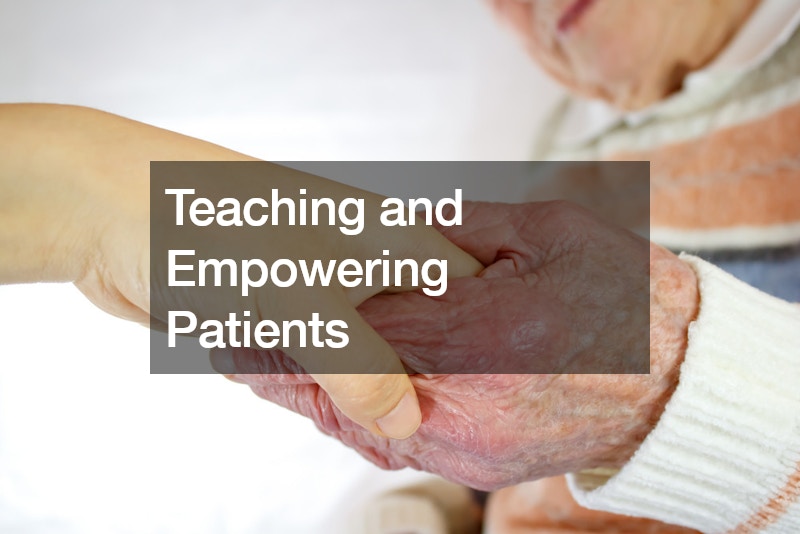Home health aides (HHAs) play a crucial role in the healthcare system, providing personalized care to patients in the comfort of their homes. A significant part of their job is to ensure that patients maintain as much independence as possible while still receiving the necessary support and care. Balancing patient independence with care requires skill, patience, and a deep understanding of each patient’s unique needs. Here’s how professional home health aides from Quality Life Services master this delicate balance.
Understanding Patient Needs and Preferences
The first step in balancing independence with care is understanding the patient’s needs and preferences. HHAs conduct thorough assessments to gauge the physical, emotional, and social requirements of their patients. This involves discussing with patients and their families to get a comprehensive view of their daily routines, capabilities, and areas where they require assistance. By gaining this understanding, HHAs can tailor their approach to support independence while providing necessary care.
Encouraging Self-Sufficiency
One of the primary goals of home health aides at Quality Life Services is to encourage self-sufficiency among their patients. They do this by providing support only in areas where it is genuinely needed and encouraging patients to perform tasks they are capable of handling. For example, a patient who can dress themselves but struggles with buttoning a shirt might receive help with buttons but will be encouraged to dress themselves as much as possible. This approach not only maintains the patient’s independence but also boosts their confidence and sense of accomplishment.
Creating a Safe Environment
Safety is paramount when balancing independence with care. HHAs ensure that the patient’s home environment is safe and conducive to independent living. This might involve installing grab bars in the bathroom, ensuring that pathways are clear of obstacles, and making sure that necessary items are within easy reach. By creating a safe environment, HHAs reduce the risk of accidents and injuries, allowing patients to move around more freely and independently.
Promoting Physical and Mental Activities
Staying active is crucial for maintaining independence. HHAs encourage patients to engage in physical activities appropriate for their condition. This can range from simple exercises and stretches to more engaging activities like gardening or walking. Physical activity helps maintain strength, balance, and mobility, which are essential for independence. Similarly, mental activities such as puzzles, reading, or social interactions help keep the mind sharp and promote emotional well-being.
Providing Emotional Support
Balancing care with independence isn’t just about physical tasks; it’s also about providing emotional support. HHAs build strong relationships with their patients, offering companionship and understanding. This emotional support is vital for patients who may feel isolated or depressed due to their health conditions. By being a compassionate presence, HHAs help patients feel more secure and confident in their ability to manage their lives.
Collaborative Care Planning
Effective home health care at Quality Life Services involves collaboration between the HHA, the patient, their family, and other healthcare professionals. HHAs participate in regular meetings and discussions to ensure that the care plan is tailored to the patient’s evolving needs. This collaborative approach ensures that the patient receives comprehensive care without compromising their independence. It also allows for adjustments to be made as the patient’s condition changes, ensuring that the balance between care and independence is maintained.

Teaching and Empowering Patients
Education is a critical component of promoting independence. HHAs teach patients how to manage their health conditions, use medical equipment, and perform daily tasks safely. For example, an HHA might teach a patient with diabetes how to monitor their blood sugar levels and administer insulin. By empowering patients with knowledge and skills, HHAs enable them to take control of their health and daily routines.
Respecting Patient Autonomy
Respect for patient autonomy is at the heart of balancing care with independence. HHAs recognize that patients have the right to make decisions about their care and daily lives. This involves respecting their choices, even if they differ from the HHA’s recommendations, and supporting them in making informed decisions. By honoring patient autonomy, HHAs build trust and foster a sense of empowerment.

